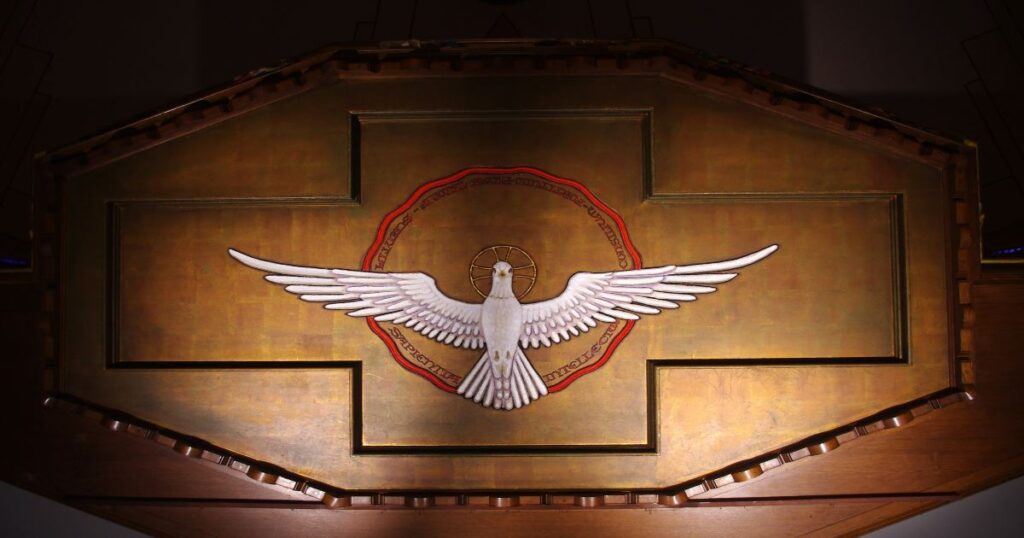Having Faith in God’s Plan
Anyone who is around children knows that they don’t always follow good advice. Sometimes, when I see my boys making things more difficult for themselves, I offer suggestions to improve the situation. It might be providing them a better way to resolve a conflict or a nicer way to ask for what they want. But […]
Having Faith in God’s Plan Read More »








